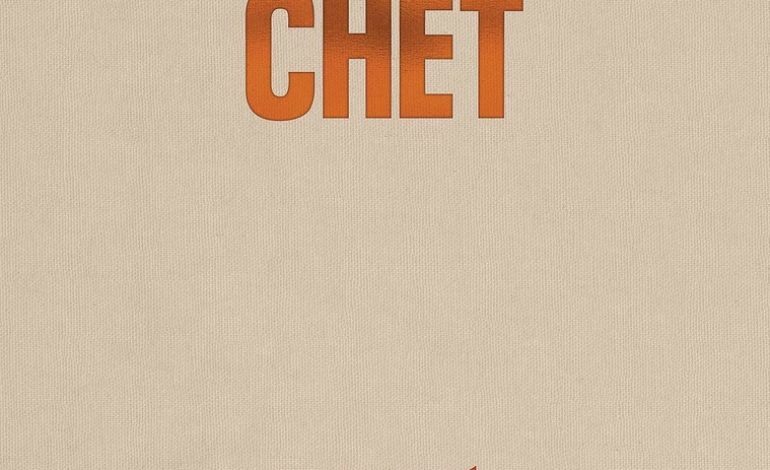

Music that transcends the legend
Baker was not yet 30 years old when he recorded the albums that make up the newly-released The Legendary Riverside Albums. Along with new disc of outtakes and alternate recordings, the release collects four of Chet Baker’s finest albums that he recorded for the esteemed jazz label: Chet Baker Sings: It Could Happen to You (1958), Chet Baker in New York (1959), Chet (1959) and Chet Baker Plays the Best of Lerner and Loewe (1959). Baker plays trumpet and sings with an understated grace that provides a contrast to the mythical tragedy of his biography, while providing a window into the man which goes beyond tales of his drug abuse and decline.
In the late 1950s, Baker had already received acclaim as a musician, but struggles with addiction started to interfere. In the years following his work with Riverside Records, Baker ran into legal trouble and his career declined. Though later in life, Baker returned to music, the promise and innocence he exuded on these early records disappeared. This puts the Riverside Albums at an interesting turning point in the life of the prominent jazz musician.
The first 10 tracks are from It Could Happen to You and feature Baker’s vocals. Baker’s voice is delicate and soft, a distinctly feminine voice that grows increasingly comfortable as the album progresses.
There is something prophetic about Baker’s lyrics, many of which provide poetic warnings about the difficulty of love and life. “It could happen to you,” he sings on “Everything Happens to Me,” Baker reminisces about being a “fool who never looks before he jumps,” someone whose romantic notions often fail to materialize. However, Baker sings and scats and serenades his sorrow transforming it into beauty, even if it’s sometimes hard to tell whether that’s because of tragedy, or in spite of it.
Baker’s voice is effortless and unique, and even though he was primarily a trumpet player, you quickly realize that the natural and easy vocal style which he has comes through just as elegantly in his singing as it does in instrumentals.
Baker tends to play in the middle range of the horn, and even when he plays with force, his sound is never loud; he whispers through the trumpet. Baker has a lot to say, and you better listen carefully or else you might miss it.
Baker pays homage to Miles Davis with his punchy recording of “Solar.” Baker shows his chops on the brisk “Hotel 49.” It’s on the slower ballads that Baker really shines, though. “How High the Moon” and “’Tis Autumn,” along with most of the tracks from Chet, show Baker’s sense of phrasing and how much he can communicate with his sound.
Baker is joined by a company of top-notch musicians. Among one of the most memorable on the album is Pepper Adams on baritone saxophone. He is a powerful player throughout the record, but his rumbling solo on “Alone Together” is particularly memorable in the way it contrasts Baker’s delicate playing and singing. However, Adams’ solo on “You and the Night and the Music” complement Baker with Adams’ tone on the bari’s high register that mimics the quality of Baker’s voice.
Though the experience of the Riverside Albums is surely informed by Baker’s turbulent life, his virtuosity and talent transcend this narrative. The album represents a turning point for Baker, but also shows Baker as a man dedicated to jazz who had the intensity and passion to create great music. Despite anything else, Baker reminds us that he was all about great music when he sings “I’m old fashioned, I love the moonlight/ I love the old-fashioned things.” The song is an appeal to listen to the Riverside Records and enjoy the fine music from a legendary musician.
